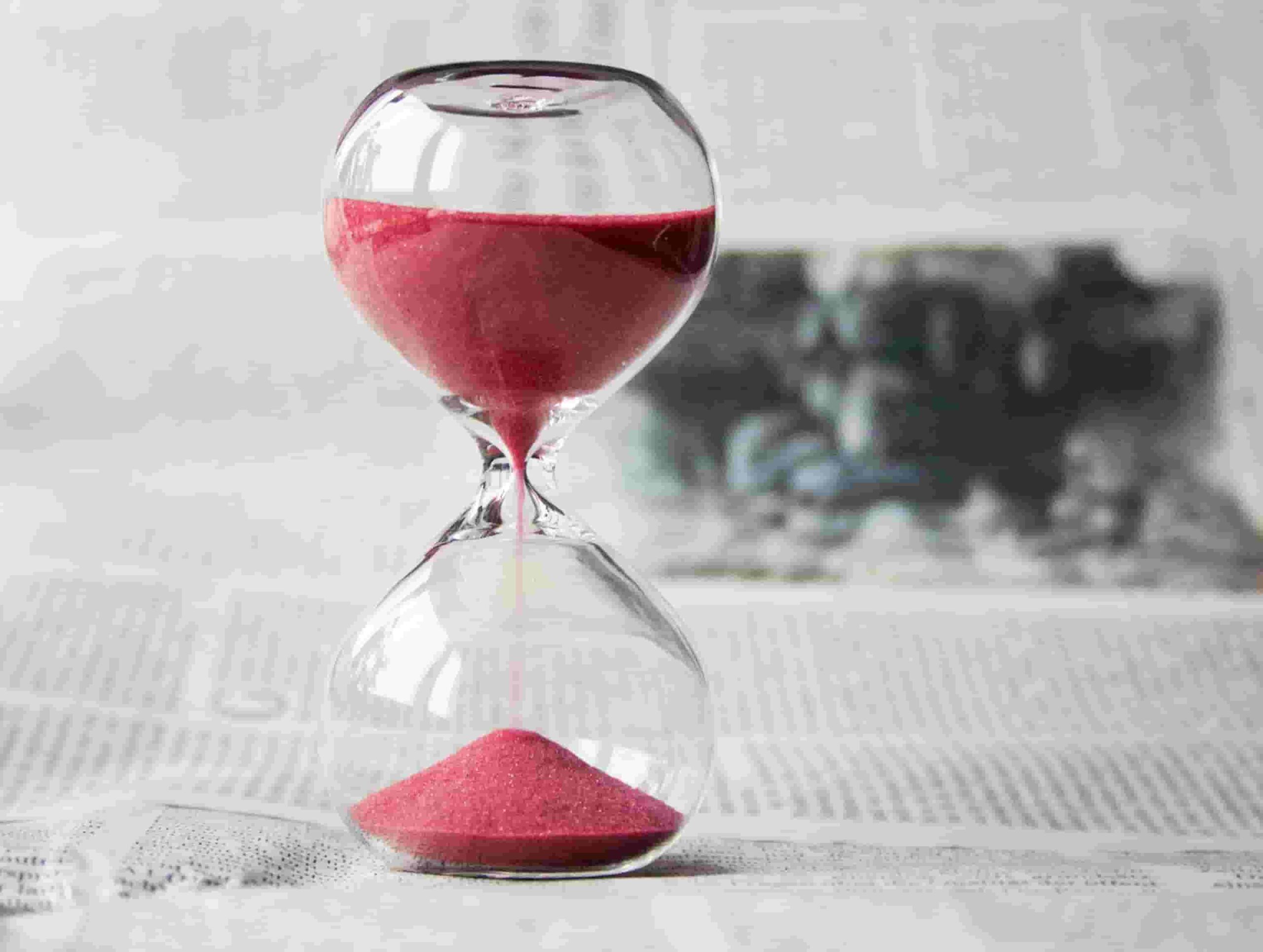14 Healthy Habits That Will Transform Your Life

We all know that “Healthy Habits” are the building blocks of a happy, healthy, and balanced life and help us to feel better and live longer. We can improve our mental and physical health by incorporating these habits into our daily routine. It can boost our energy levels and overall quality of life.
Here is the List of all the Healthy Habits
Brush your teeth daily
Brushing your teeth daily plays an important role in maintaining good health. Dentists also recommend brushing your teeth twice a day, once in the morning and once before bed for 3-5 minutes each time.

Have a morning walk
A simple, powerful way to start your day on a positive note is just to start your day with a morning walk. It refreshes the mind and helps us to be focused and energetic throughout the day. It also helps us in improving circulation and is very helpful in maintaining weight. It also reduces stress and anxiety. In this way, a proper daily morning walk can benefit both your mental and physical health.

Start your day with a healthy breakfast
Having breakfast is essential for starting the day with energy and focus. A balanced breakfast provides essential nutrients to our body. Different researches show that a man with a healthy breakfast performs better at the workplace and the rest of his life, instead of a man who has unhealthy or no breakfast, students having healthy meals score higher on tests. While having an unhealthy or no breakfast, students who have healthy meals score higher on tests.

Follow a Diet plan
A diet plan is a structured way of eating. It is very crucial for maintaining optimal health and well-being. A proper diet plan should provide necessary nutrients, including carbohydrates, proteins, fats, vitamins, etc. to your body. You can also improve your energy levels, boost your immune system, and reduce the risk of chronic diseases by following a proper diet plan.
Be hydrated
Being hydrated throughout the day is essential for overall health and well-being. It helps in maintaining body temperature, improving digestion, and helps the body in various other aspects of functioning properly. On the other hand, dehydration can cause fatigue, headaches, dizziness, and even more serious health issues. Different researches show that a man should drink at least 8 glasses of water daily.
Signs of dehydration
- Thirst
- Dry mouth and lips
- Fatigue
- Headache
- Dark Urine
Tips for being hydrated
Having a water bottle along the side: Carry a water bottle with you throughout the day, in this way, you will be able to drink water throughout the day regularly.
Eat water-rich food: Fruits, and vegetables such as watermelon, orange, and cucumber contain a high water content.
Limit the soft Drinks: Excessive use of soft drinks can lead to dehydration.
Listen to your body: Your body is a good indicator of dehydration by itself. If you feel thirsty, then drink water.
Have an exercise break, do some stretches
Having regular exercise breaks throughout the day may affect your mental and physical health in a positive manner. It will help you to boost your energy level whether you are working, studying, or involved in sports. It will also be helpful in releasing stress, anxiety, etc.
Benefits of Exercise Break
- Increased Energy
- Reduced Stress
- Improved focus
- Increased blood flow
Tips for having effective Exercise breaks
- Set a timer for an exercise break
- Choose activities that you enjoy the most.
- Try different exercises.
- If you are feeling pain or discomfort, then stop and rest for a while.
Limit Screen time and go offline
In today’s digital landscape. It’s common to become addicted to the mobile screen, whether it is emailing, texting messages to friends, scrolling reels, or watching movies for a long time. Now this addiction is affecting our mental and physical health.

Negative Effects of Excessive Screen Time
- Eye strain.
- Sleep Disturbance
- Physical Inactivity.
- Social isolation.
- Mental health issues.
Benefits of going offline
- Improved mental and physical health
- Increased productivity.
- Better Sleep.
- Strengthened relationships.
- Increased Creativity.
Tips for Limiting Screen Time
- Set boundaries
- Find alternative activities.
- Practice mindfulness
- Be Mindful of your screen habits.
- Turn off notifications.
- Delete all the useless apps.
Socialize with friends and family
Socializing with friends and family plays a significant role in both emotional and mental well-being. Spending time with loved ones leads to emotional support, reduces stress and anxiety, and helps alleviate the feeling of loneliness and isolation. It’s a great way to relax, share experiences, and have fun with friends. Socializing also enhances communication skills, builds self-confidence, and leads to personal growth.
Try to learn something new
Learning something new is a powerful way to keep your mind sharp and focused. It’s very challenging to step out of your comfort zone and explore and engage in new ideas, skills, or experiences, whether it’s diving into a new hobby, exploring a different subject, or learning new skills. It also improves mindfulness, creativity, and improves your problem-solving skills. In this way, it helps you in improving your mental and physical health. It also helps in improving self-confidence. Continuously seeking knowledge helps you to keep your mind active and focused.
Do not smoke or drink
Smoking and drinking are two major harmful habits that we all face in society, and these habits have serious negative effects on our health. These habits can lead us to a variety of health problems including:
Smoking
- Lung cancer
- Heart disease
- Stroke
- Chronic bronchitis
- Emphysema
- Oral cancer
- Gum disease
- Birth defects
Drinking:
- Liver disease
- Heart disease
- Stroke
- Cancer
- Mental and physical health problems
- Accidents and injuries
If you are struggling with any of these habits, then first of all, you will visit your doctor, and he will guide you about how to get rid of it.
Have a good sleep
Here is one thing that comes to my mind, teachers have taught us all a poem that is “Early to bed, early to rise, makes a man, healthy, wealthy and wise”, but can we apply it in our lives? Having a good sleep is essential for maintaining physical and mental health. Quality sleep allows the body to repair itself, improve energy levels, and support brain function. Researches show that a man needs 6-8 hours of restful sleep each night.
Disadvantages of poor sleep
- Memory issues
- Weakened immune system
- Increased stress
- Difficulty in concentrating and focusing.
Tips to have a good sleep
- Create a relaxed bedtime environment.
- Limit the screen time.
Having small breaks
Apply the Pomodoro technique, which is “working for 25 minutes and taking a break for 5 minutes”. Repeat this a few times and then increase your break time as a reward. You will be surprised at how effective time frames can be. This will also help keep you refreshed and focused.
Practice mindfulness and meditation
Mindfulness and meditation are powerful practices that lead towards mental clarity, emotional balance, and overall well-being. Mindfulness is the act of focusing and paying attention to your thoughts, feelings, and surroundings without judgment. It helps reduce stress, improve focus, and enhance emotional regulation.
Meditation on the other hand is a more structured way of practice that involves focusing the mind, often through breathing exercises, mantras, or guided visualization. It leads to relaxation, reduces stress and anxiety, and a deeper sense of inner peace. Researches show that regular meditation has been shown to improve mental health, enhance self-awareness, and promote better sleep.
Reserve time for yourself
Reserving time for yourself is also an important factor for maintaining good mental and physical health. In this busy life, it is easy to get caught up in jobs, responsibilities, and neglect your own needs. Reserving time for yourself allows you to recharge, reflect, and engage in activities that bring you joy and relaxation, whether it’s reading books, painting, playing different sports, or pursuing a hobby, this personal time helps you to reduce stress, boost creativity, and improve focus. It also fosters a deeper connection with yourself, leading to better self-awareness and emotional balance. Prioritizing personal time is the key to living a balanced life.
How to stick with Healthy Habits
Start Small: Begin your journey with small, manageable habits to avoid overwhelming yourself. Continuous progress with time will help you to maintain a new routine.
Set Clear goals: Define clear and achievable goals regarding your habits. It provides you a direction and keeps you focused when you already know what exactly you want to accomplish.
Create a routine: Set a time for your new habit and incorporate your new habit into your daily routine. When you are able to continue the habit for days, then you will just feel like it is triggering naturally.
Track your Progress: It will motivate you and give you confidence, and you will be able to maintain it in the long run.
Reward yourself: Celebrate it even after achieving a small goal by rewarding yourself. It helps you to stick with your habits and reinforces the behaviour.
Focus on Consistency over perfection: Don’t aim for perfection, just practice consistency. It is the key to getting back daily and sticking with your new habits.
Identify triggers: Be aware of situations or emotions that might be causing deviation from your habit. When you are aware of these triggers, then you can develop strategies to overcome them.
Stay Patient: It will take time and effort to build a new habit so be patient in this journey. Take time and remain committed even when progress seems slow.








